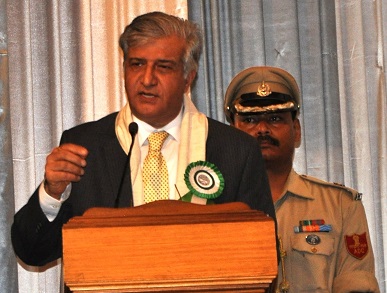
SHILLONG, NOV 7: Meghalaya governor KK Paul said that the capacity to recall helps to make use of the memory. He informed that the scientific community is actively engaged in an experiment to find out how memory is retained in the human mind and also how to extend the retentive capacity of the brain with the use of implants.
Paul, however, wondered that an important question remains as to what impact these technologies will have on the functioning of the human brain.
Paul said this during the inauguration of the three-day International Seminar on “Cultures of Memory: Mnemocultural Praxis in South, Southeast and Other Asian Countries” held at EFL University, Shillong Campus Thursday, organized by the English and Foreign Languages University (EFLU), Shillong Campus, in association with Indian Council of Social Science Research, NERC; Indian Council of Social Science Research, Delhi; Central Institute of Indian Languages, Mysore; and Maulana Abdul Kalam Azad Institute of Asian Studies
Paul referred to the Indian Civilisation saying it has continued for about 5000 years despite few written documentation and this has been possible because of the gift of memory through which the Indian tradition has passed via Shruti and Smriti . He said this generation has inherited the legacies of those times although they have been refined to suit the locales and the time we live in.
Paul said, “The memory span differs from each individual and it also fades away with time, but innovations in science and technology can prolong the process and tackle diseases like Alzheimer’s and other disorders of the mind which have no surety of treatment.”
Paul expressed hope that the seminar will address the important link between memory and culture.
EFLU vice chancellor Prof Sunaina Singh recollected that EFLU has undergone a long journey since its formation by Pandit Jawaharlal Nehru in 1958 who foresaw that English is the language of growth, development and progress. The university’s mandate since then has been to train teachers of English and impart English language education.
Speaking at the function she said in 2007, after conferment of university status, EFLU evolved to a Humanities University, the only one of its kind in the country. She also stated that the university and the seminar will be addressing the important role that memory plays in culture and the goals which necessitate redefining and resetting in the modern context. She also felt Critical Humanities is a domain that can open up research that is more focused on the local sources and is a requirement to tackle intolerance and violence.
Prof KC Baral, EFLU director, said that research practice in the country is still dependent upon western theory and there is a need for developing its own ideas. Endeavours in this regard are being carried out by South-South dialogues. He added that although oral traditions are recorded in Folklore researches, networking can be possible only through firm theoretical foundation.
Alankar Kaushik, EFLU Shillong assistant prof, who delivered the theme note, informed that the seminar seeks to problematise issues concerning Memory and Culture in initiating an inquiry into cultures of memory in South Asia in particular and in other Asian countries in general.
According to Kaushik, South Asia is singularly focused for its shared cultures and histories. These countries have suffered historical erasure of cultural memory under colonialism. The continued amnesia has resulted in cultural anxiety not only in our postcolonial dispensation but under forces of internal contradiction as well as of external ones such as globalization.
Kaushik said this historic ‘crisis’ has led to unstable democracies resulting in ‘million mutinies.’ If attempts to recover loss of cultural memory are salutary such actions however are not free from cultural politics, for in many cases, the recovered memory in the form of cultural singularity has resulted in complex identity politics across Asia. He said having such a premise in view, the seminar endeavours to have a critical-theoretical debate on cultures of memory that is significant from literary, humanistic and social science perspectives.
Earlier, the EFLU Vice Chancellor Professor Sunaina Singh launched a website on Mapping Mnemocultures at the University premises. Mapping Mnemocultures is an attempt to register the dynamics of mnemocultures as biocultural formations in the form of a website.
The web platform acts itself as a lively archive. It tries to address the question of how the institution of university can respond to the cultures of memory in the digital space. At this stage, the project’s scope is limited to the southern part of India covering Andhra Pradesh, Karnataka, Kerala and Tamil Nadu. South India frame is taken as Sangam constellation, the other two being Gandhara covering the North and North-West and Brahmaputra which lets in the rich cultural performative inheritances of the North-East.
It intends to be a collaborative, open-ended project: anyone can connect the nodes of reflective, performative inheritances he/she wishes to bring in.- By Our Reporter

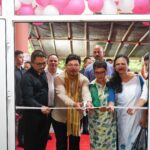
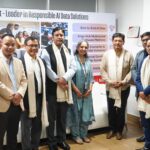
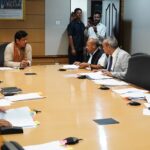
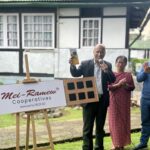

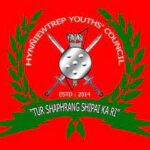


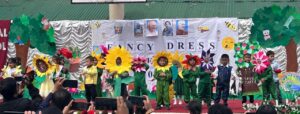
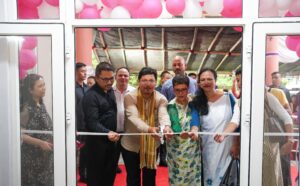
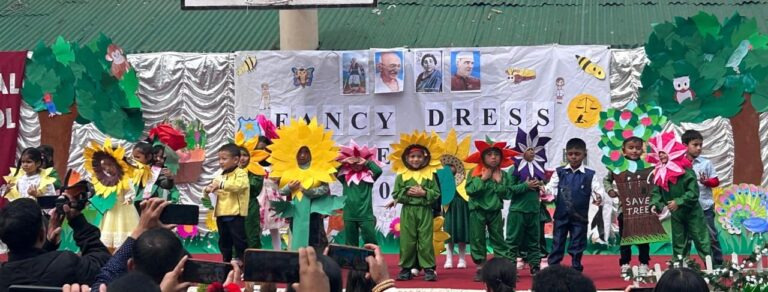
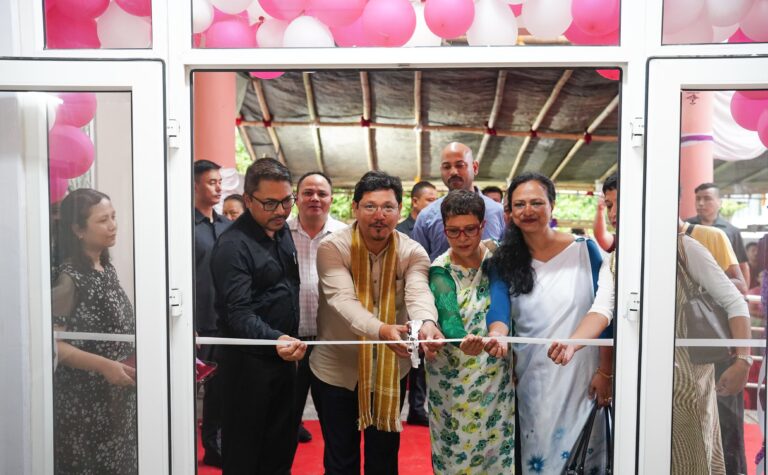
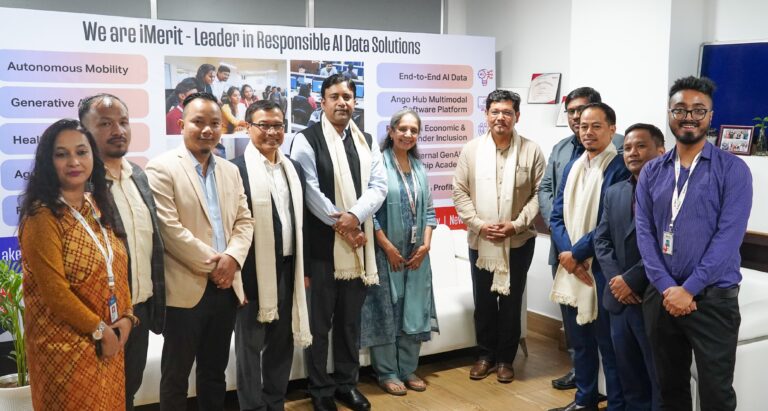
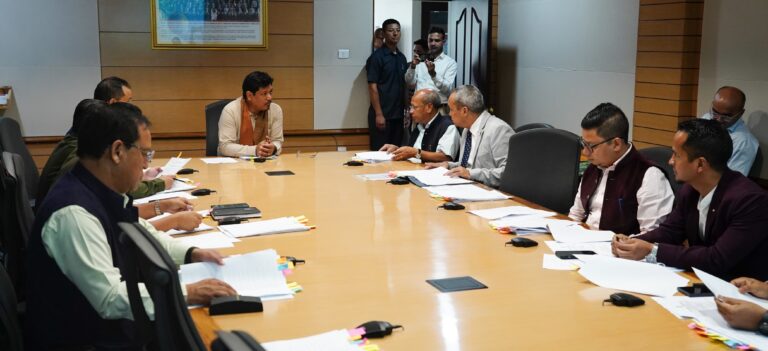
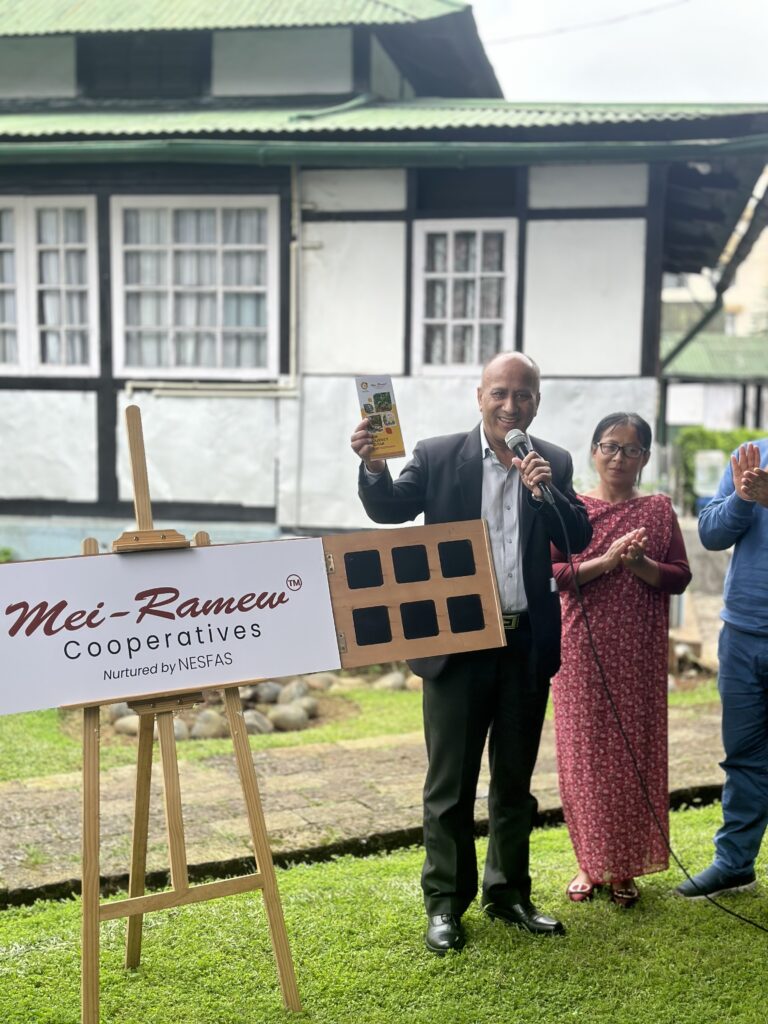
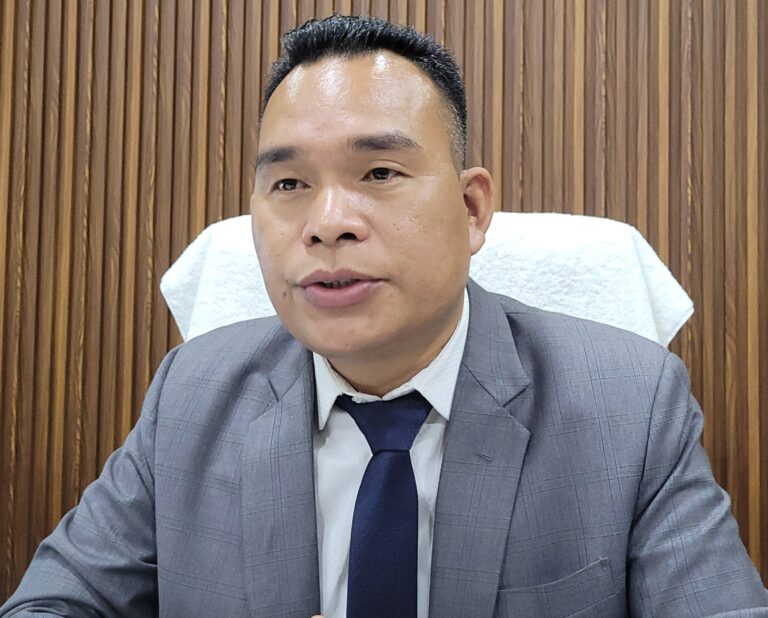
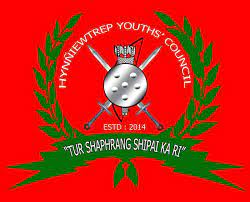

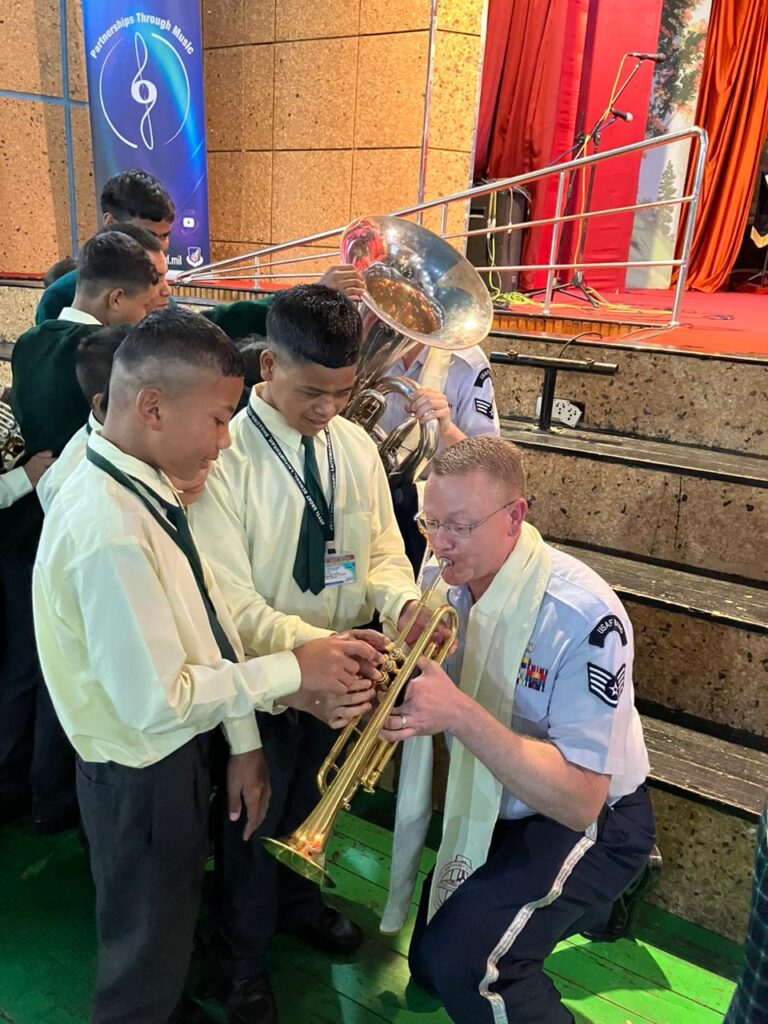
+ There are no comments
Add yours